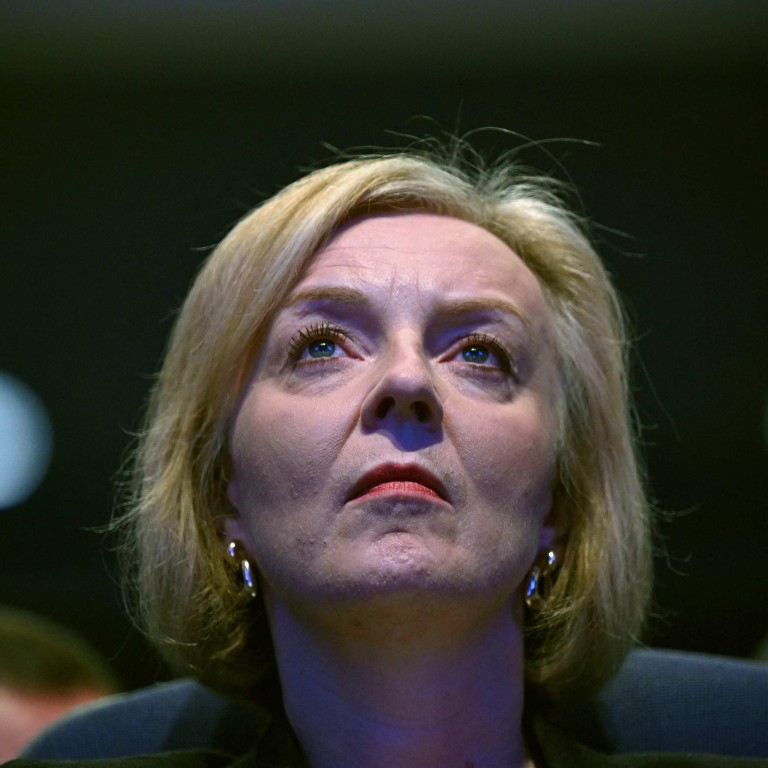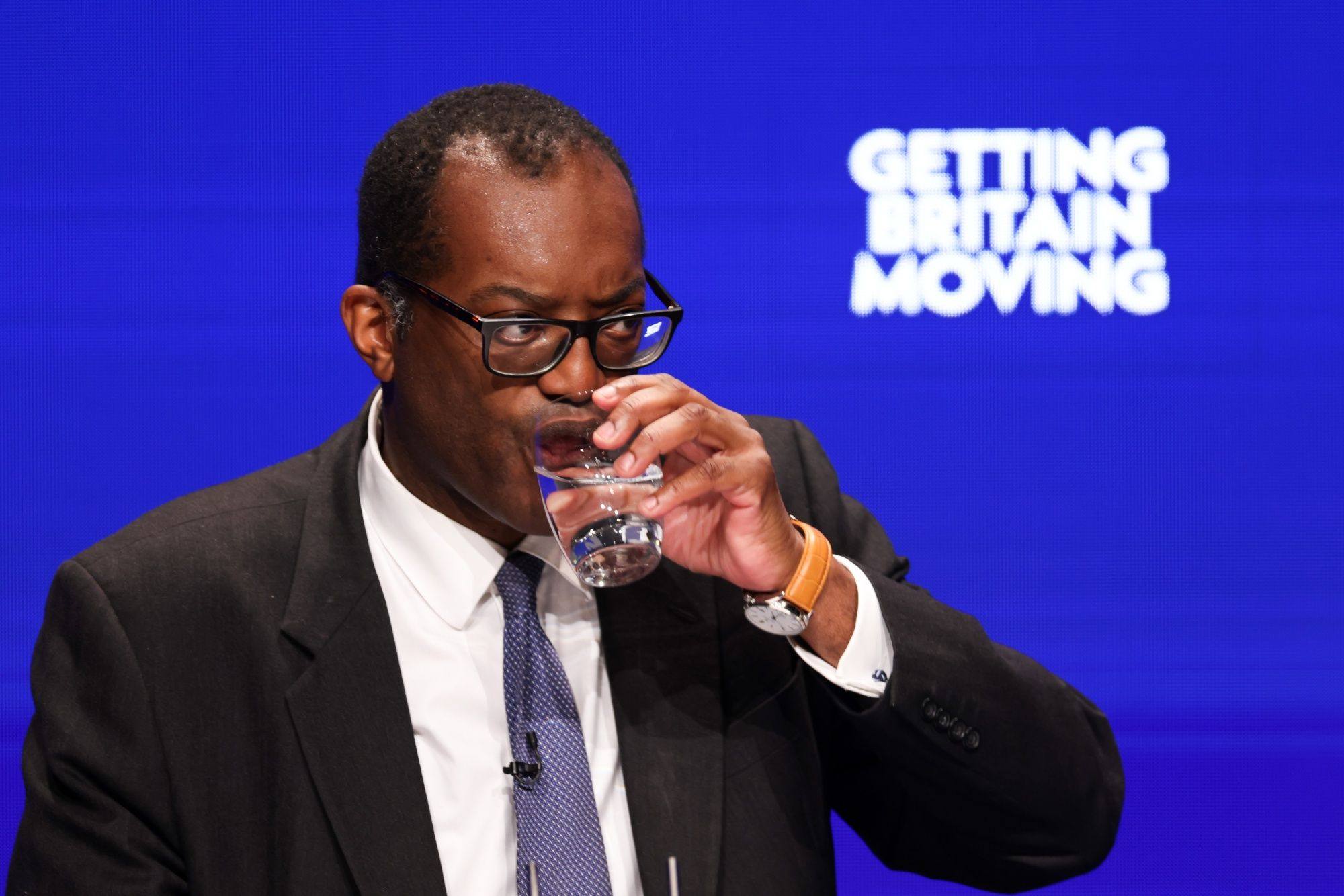
Some of Liz Truss’ top team say her project may already be over
- The political honeymoon is over for British Prime Minister Liz Truss after less than a month in power
- Truss was forced into a humiliating U-turn on part of an economic package that bombed with the markets
Liz Truss will struggle to drive through key parts of the economic revolution she’s planning for the UK because her standing in the ruling party is already so damaged, members of her Cabinet said.
Less than a month into her premiership, the ministers said Truss, 47, has failed to take basic steps to line up support for her plans such as putting them to Cabinet debate, and expressed doubts about the way she manages the ruling Conservative Party. They asked not to be identified criticising the government.
Speaking on the sidelines of the Tories’ annual conference in Birmingham, the ministers predicted she will survive to the next election, due in about two years, because there isn’t enough time to give a new leader a real chance.
The stark view suggests the “new economic deal for Britain” launched by Truss and Chancellor of the Exchequer Kwasi Kwarteng may be dead in the water before it has even got going.
The policy calls for a major programme of deregulation in areas such as house building and childcare, alongside tax cuts.
After UK market rout, what now for chancellor just weeks into job?
Following the tax reversal, Kwarteng sought to reassure jangled Tory nerves with a pledge to deliver on the rest of the government’s economic strategy.
Kwarteng is expected to bring forward his medium-term financial statement from November 23 to reassure investors he has a plan to pay for the measures, two people familiar with the matter told Bloomberg on Monday.
“No more distractions,” Kwarteng said in his conference speech. “We have a plan and we need to get on with it.” The pound jumped as much as 1.5 per cent after the tax U-turn was announced.
But one former Cabinet minister predicted Truss will be gone within a year to allow the party time to regenerate before the general election, which must be held by January 2025 at the latest.
They said local votes in May 2023 would provide a clear indication of how badly Truss is doing, and predicted that her successor would have to come from outside the current Cabinet.
Still, not all Cabinet ministers hold such a dire view of Truss’ prospects. Two others said the government has enough time to present economic growth to voters to prove its project has been successful.

“The answer in politics, when you’re in a hurry, is to do those things which are easiest,” Conservative MP John Redwood, an ally of the prime minister, said at a fringe event in Birmingham. “There’s plenty of low-hanging fruit. I think we will design a very good supply side reform package that most Conservative MPs would vote for.”
Truss’ problem is that her radical policy programme needs party factions to compromise on core issues, and that requires a leader who can keep tensions in check.
But Truss has no mandate from the British electorate, and some two-thirds of Tory MPs voted against her in this summer’s leadership context, which she won thanks to members votes.
UK’s Johnson compares himself to a Roman dictator and ‘booster rocket’
She also appointed allies to key posts rather than seeking to unite the party after a divisive leadership campaign.
Meanwhile polls consistently show the opposition Labour Party holding huge leads over the Tories.
There is a febrile atmosphere at the party’s conference, with talk among delegates about whether the party can survive on its current course.
A lot of Tories are making jokes out of their current travails. One senior Tory suggested going back to the days when William Hague was party leader in the late 1990s, when aides bought up newspapers within a mile radius of the conference so he wouldn’t see the negative headlines.

